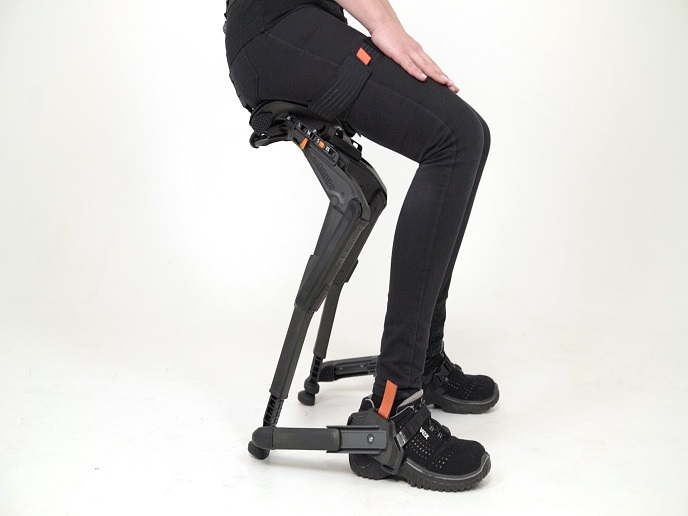Optimising advanced driver assistance systems
The ADAPTATION (Drivers' behavioural ADAPTATION over the time in response to ADAS use) project brought together 10 well-recognised European organisations researching drivers' behaviour and ADAS design. Running for four full years to the end of 2013, project work was supported through the Seventh Framework Programme (FP7) Marie Curie Initial Training Network (ITN) funding scheme. The programme was dedicated to research and training. Young researchers had the opportunity to conduct doctoral or postdoctoral research projects as part of this European research network. This was realised by integrating individual projects addressing various aspects of the adaptation process. Over the course of 2 recruitment campaigns, 10 early-stage researchers (ESRs) and two experienced researchers (Ers) were appointed to participate in the network's research, training and knowledge transfer programmes. Personalised training actions accelerated the acquisition of skills in human factors applied to ADAS design, introduced multidisciplinary approaches, strengthened the dissemination of research results, and boosted career prospects by enhancing team and project management skills. A total of six training events were held, including an ADAS showcase demonstration tour, seminars and a lecture on improving writing skills. Team learning events helped to implement cooperative exchanges between ESRs with different backgrounds for enhanced interdisciplinary skills. Research considered, among other topics, the needs of older drivers in terms of ADAS, factors impacting driver behaviour and adaptation to ADAS use, misuses of ADAS and the use of mobile phones while driving. The team advanced new methods for assessing mental models and situation awareness in the context of ADAS use, and designed and evaluated a workload-adaptive cruise control prototype. ADAPTATION considered a new approach for preventing distraction and inattention by combining behaviour-based safety with ADAS. Project members also designed a framework for modelling scenarios on driving simulators and established a database for behavioural data storage and analysis. project findings are presented in the book 'Driver adaptation to information and assistance systems'. This deliverable also presents the main achievements of research projects conducted by ESRs and Ers during the project's lifetime. ADAPTATION has contributed to the competitiveness of European industry and development of the European Research Area (ERA). The programme also extended the skills of academia and industry researchers, for all round maximum benefit to the EU and its citizens.







